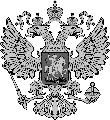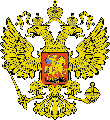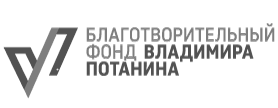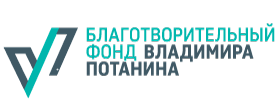Sport with a social component is becoming a trend across the world, say experts taking part in the international conference Sports Events: Generating Social Impacts held in Sochi.
Today the conference discussions focused on the Russian and international practices in assessing the social effects of sporting projects.
The participants were addressed online by President of the Capital University of Physical Education and Sports (Beijing, China), Professor Xia Zhang, who said that the university not only integrates the Olympic spirit into the sociocultural life of the campus, but also uses interdisciplinary courses to deepen the understanding of the social effects of sporting events. She also stressed that the concepts and ideas discussed at the conference in Sochi are fully in line with the philosophy and principles of the Capital University in Beijing.
The Chinese participants introduced the idea that the income derived from sports events can be measured not only economically, but also in terms of enhanced international image of the host territory, increased social interactions between the local communities, and improved urban infrastructure.
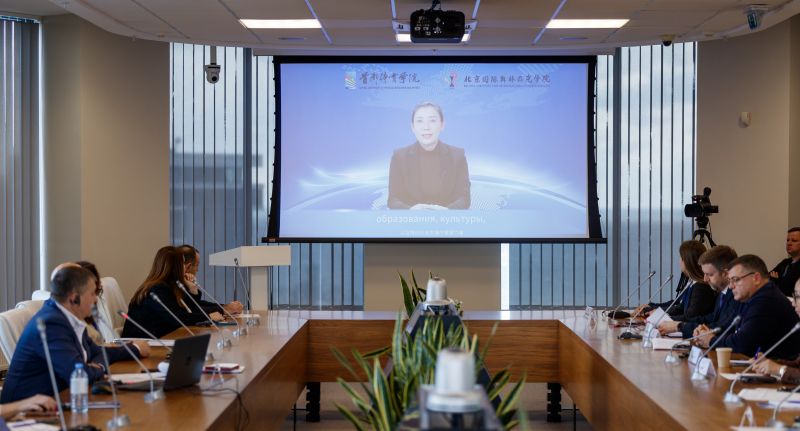
Professor Dongfeng Liu, Dean of the Graduate School at Shanghai University of Sport, RIOU Lecturer, said: ‘The more importance people attach to the psychic income created by sport, the higher the chances are that local communities will support the ongoing sports festivals and become involved in future major sports events.’
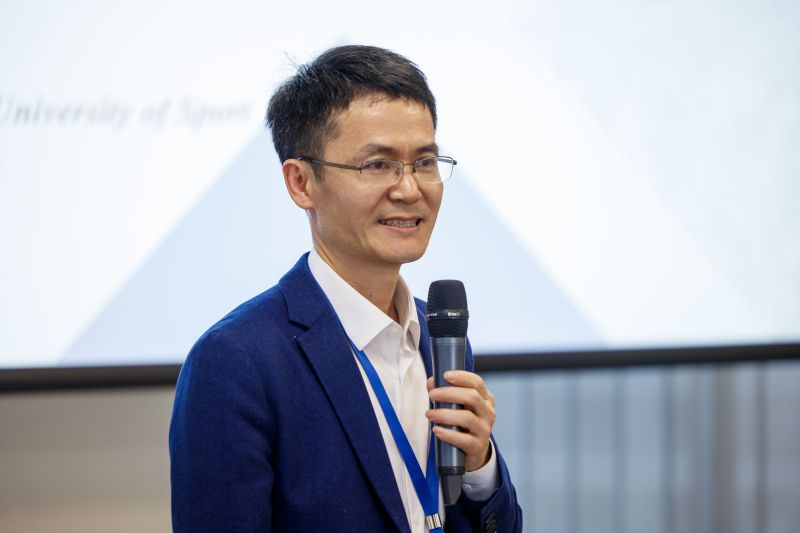
Xiuying Ru, Professor at the Capital University of Physical Education and Sports (Beijing) and RIOU Lecturer, spoke about the long-term benefits of sport and Olympic legacy using the cases of the 2008 and 2022 Olympic Games in Beijing. The Dual Olympics allowed sport in China to make unprecedented strides, leaving a legacy that is being used at full capacity. According to Xiuying Ru, Olympic values have been promoted in China through three main channels: higher sports education, Olympic education for primary and secondary schools (for example, through the large-scale Olympia educational campaign reaching 400 million children in more than 400,000 schools), and television. Due to the diversity of Olympic disciplines, many sports have arrived in China in recent years, becoming a tool to showcase traditional Chinese culture.
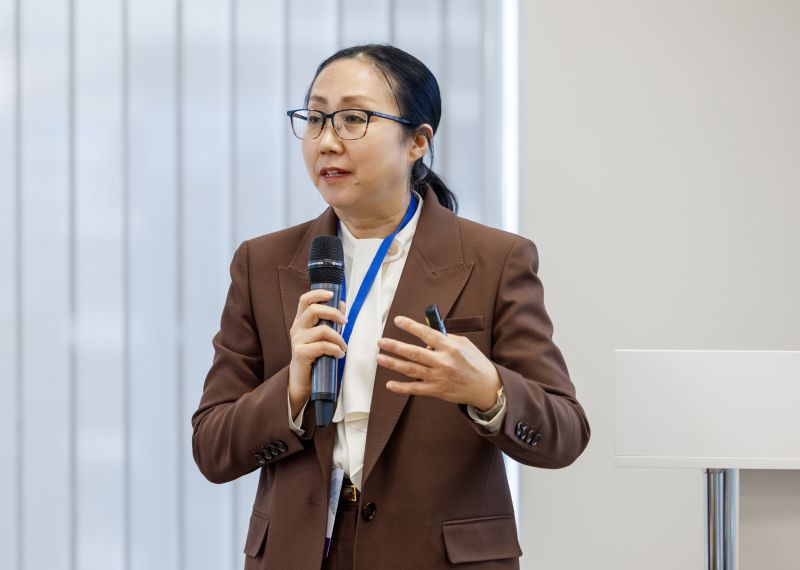
Igor Stolyarov, coordinator of international projects at Phygital International and RIOU Lecturer, mentioned the interest of the Chinese colleagues in joining the Games of the Future in 2027.
He said: ‘We combined cybersport and physical sport. After the Games of the Future in Kazan, we conducted a study and found that professional cyberathletes developed a greater desire for physical activity. This is exactly the social mission that our tournament pursues. Phygital sport has received wide recognition with a cycle of international competitions involving 37 participating countries. The Russian Federation of Phygital Sports has opened about 70 regional branches across the country. The Russian government has adopted a strategy for the development of phygital sports until 2030, and construction of phygital centres has commenced.’
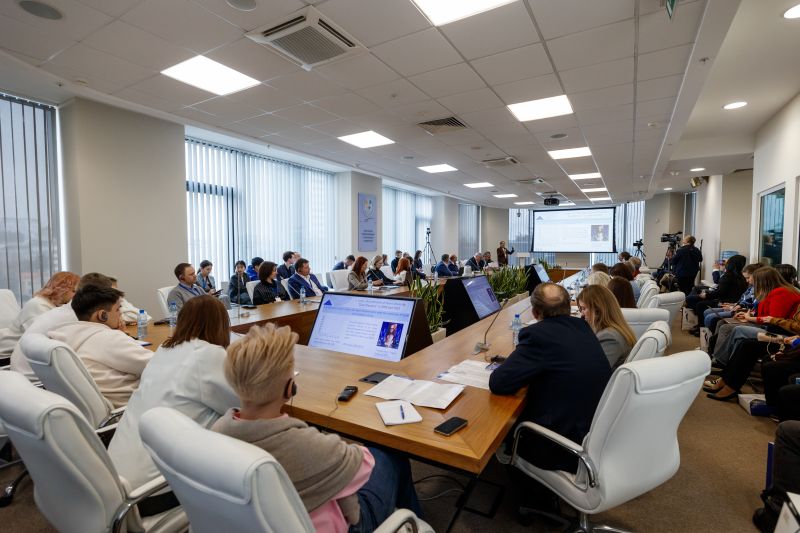
Maria Goryachko, Associate Professor at the Department of Economic and Social Geography of Russia, Moscow State University (MSU), Deputy Dean for Academic Affairs at Shenzhen MSU–BIT University (China) and RIOU Lecturer, shared the results of the research aiming to assess social transformations in the Russian cities and regions that hosted major sporting events between 2014 and 2018. A separate study focused on Sochi.
She said: ‘Sochi has a very powerful community of forward-minded architects who see the city in a completely different way. The city itself is changing the lifestyle of the local residents. It is comfortable, you can do sports, you can create hobby groups. Children here are always busy with activities. And this effect of the Sochi 2014 Games would be difficult to express in monetary terms. This is the intangible legacy that we are trying to measure.’
Ilya Solntsev, Chair of the Department of Operational and Industry Management at the Financial University under the Government of the Russian Federation, RIOU Lecturer, stressed that it is necessary to consider both positive and negative impacts generated by sporting events.
He said: ‘Research indicates the prevalence of positive effects created by sports projects, but we must also look at the flip side: environmental and construction issues, increased CO2 emissions and even negative fan behaviour. One of the main problems is the lack of a database that would show how different sports projects affect the economy and social life, so that we could draw conclusions based on these cases. We are trying to address this problem, in cooperation with the Vladimir Potanin Foundation. I hope that soon we will be able to present our first results.’
The discussions also covered current issues in the sports betting business. Nikolay Oganezov, Deputy Chairman of the Russian Chamber of Commerce and Industry's Committee on Entrepreneurship in Sport, Consultant to the General Director of the Fonbet betting company and RIOU lecturer, spoke on the relationship between betting and sports development, and presented bookmakers’ charity programmes aimed at facilitating rehabilitation and socialisation of people with disabilities through sports.
The conference partners include the Financial University under the Government of the Russian Federation, Roscongress Foundation, Capital University of Physical Education and Sports (CUPES, Beijing), FIVE Development, and the Sochi City Administration. Media support is provided by RIA Novosti Sport, ANO National Priorities, Sochi24 TV channel, RBC South Media Group, NIA Federation, and Tricolor TV.

















































